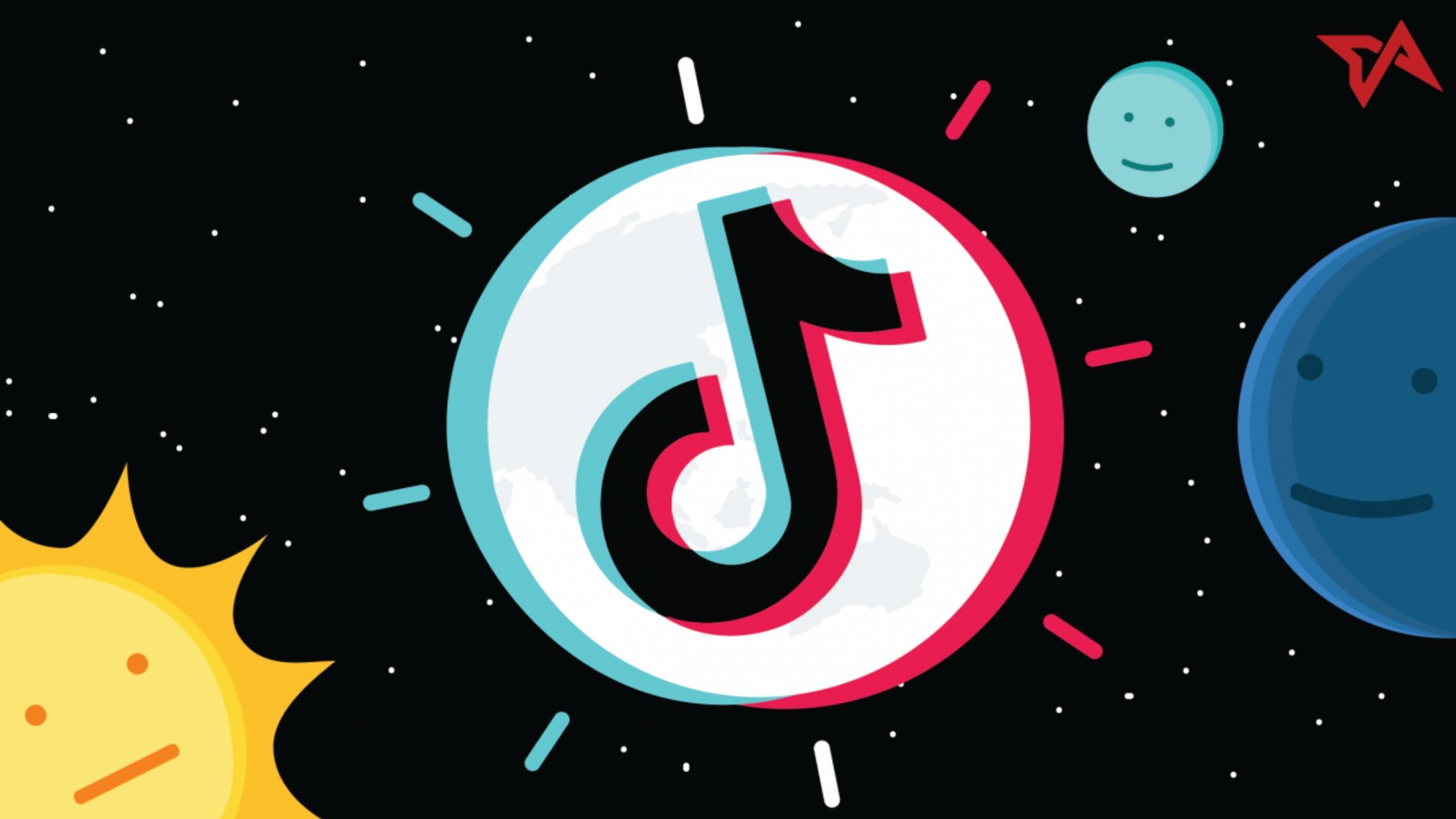292 reads
A Chance for Emerging Video-Sharing Apps: What Happens If TikTok Is Banned in the US?
by
September 9th, 2020
About Author
I'm really crazy about tech and gadgets
Comments
TOPICS
THIS ARTICLE WAS FEATURED IN
Related Stories
70 Stories To Learn About Faagm
Nov 22, 2023
70 Stories To Learn About Faagm
Nov 22, 2023
